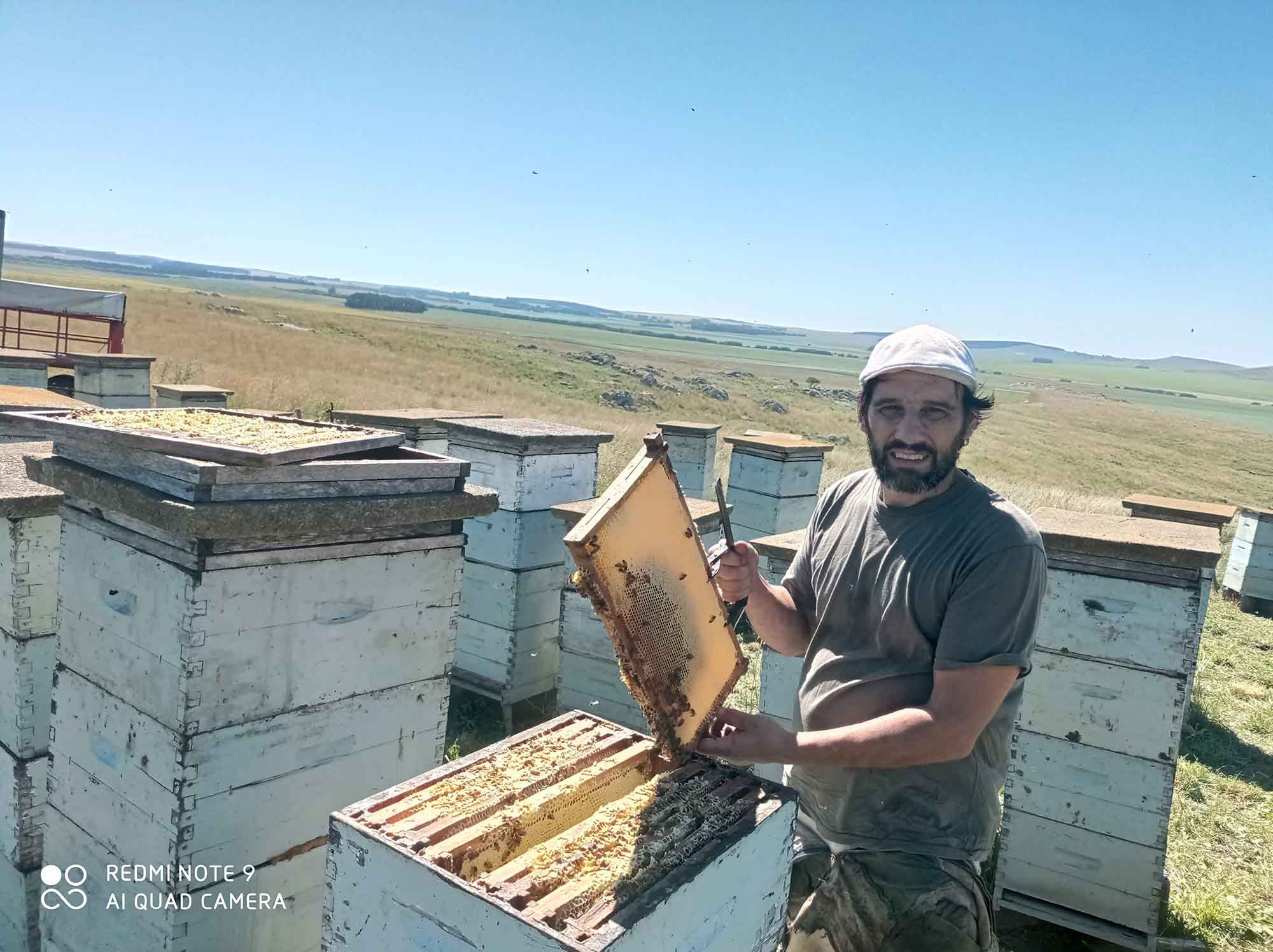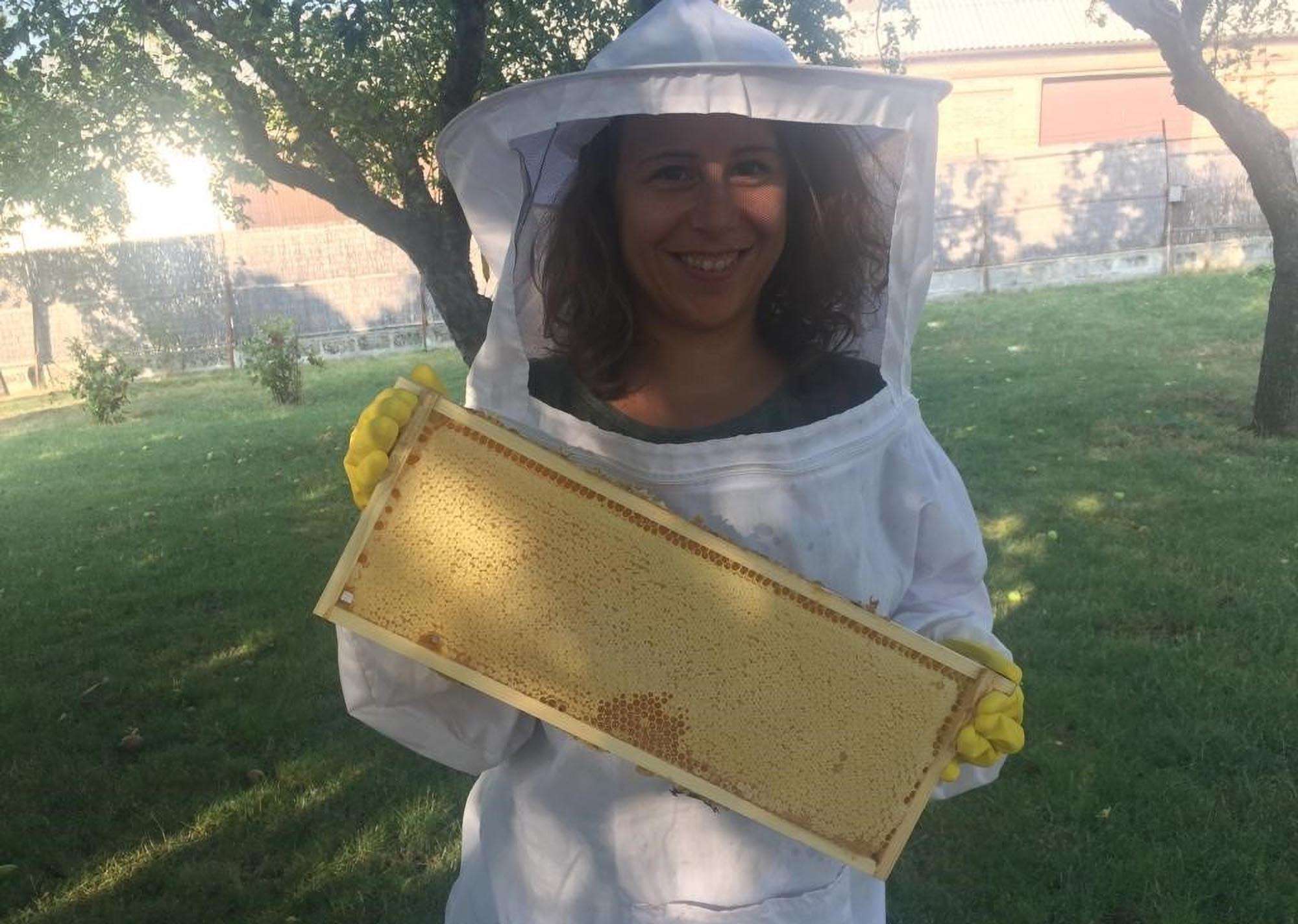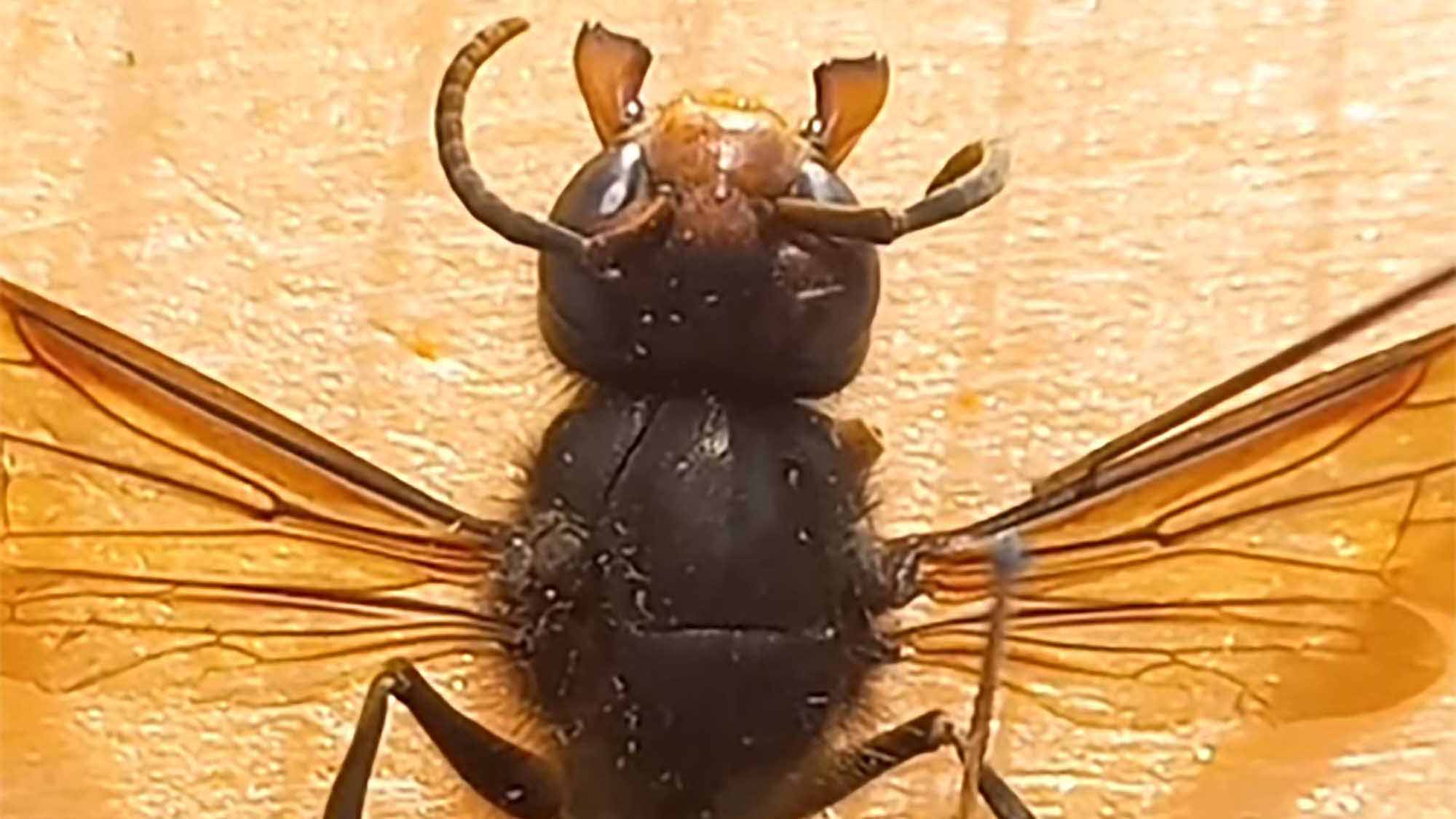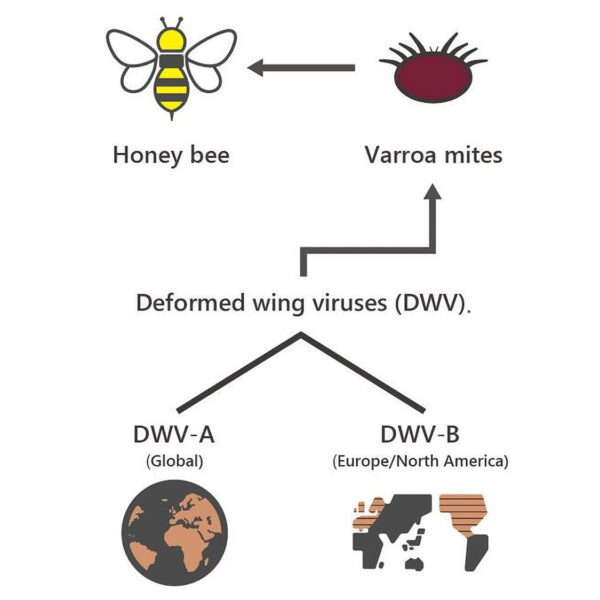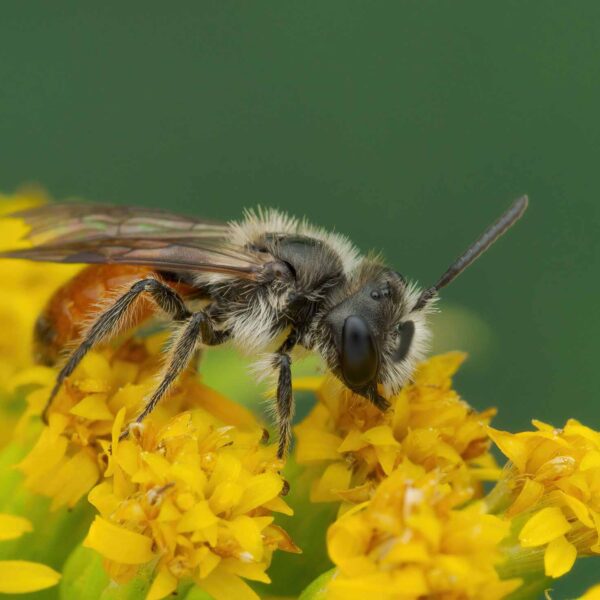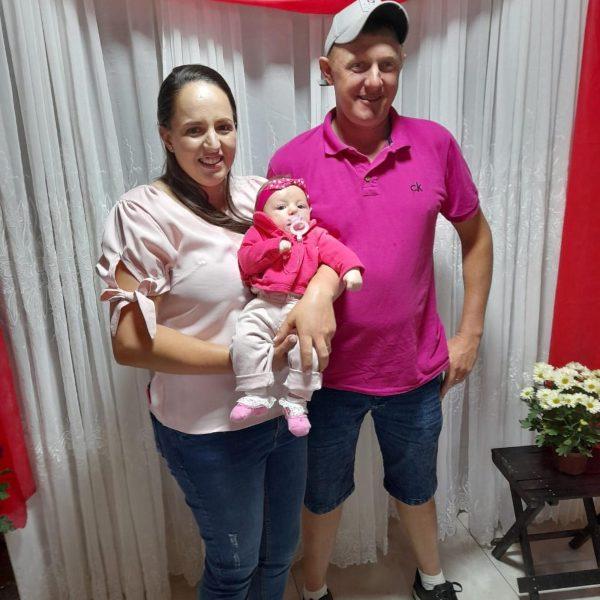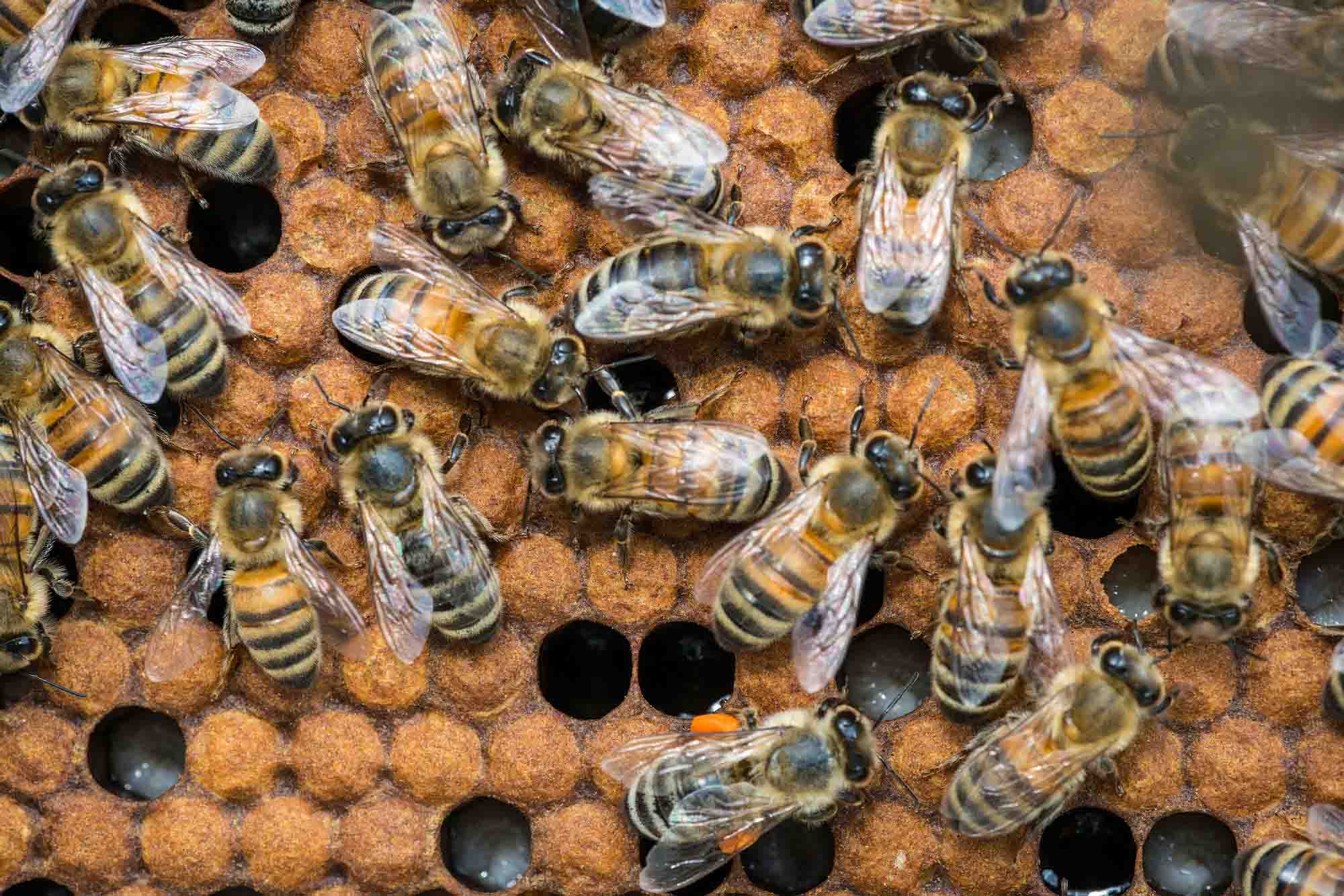An Argentine who went from quitting his studies without obtaining a degree to managing 1,000 honeybee hives has underlined that he has no regrets 27 years on.
in 1996, Mauricio Gramuglia decided to leave the National University of Central Buenos Aires in the city of Tandil and delve into beekeeping instead.
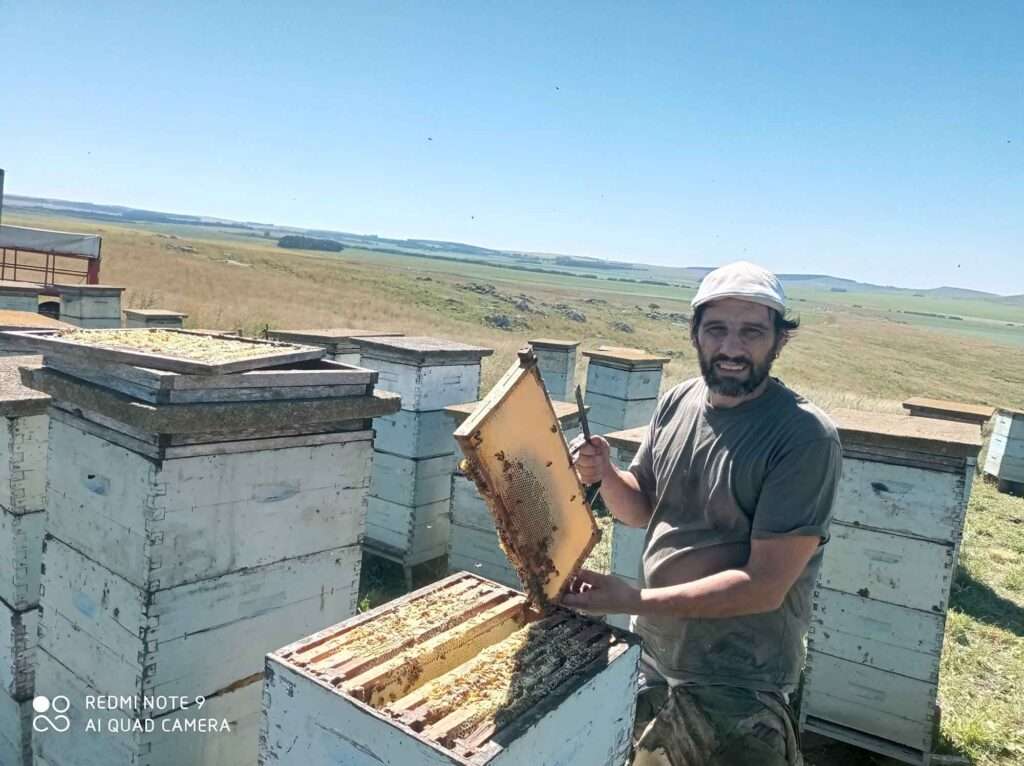
Speaking to NewsX, he explained: “I left the systems engineering studies to start this activity with Sebastian, a friend. Later on, each of us went their own way. But we are still friends.”
Today, his Tandil-based company Mieles Apoidea does not just provide more than 20 shops across the city. Mauricio and his team are also fulfilling orders they receive from all over the country.
Mauricio explained: “We currently manage around 1,000 hives. In the last harvest, we took 30 kilogrammes per hive which would be a good harvest for this area.”
Despite its considerable output ratio, Mieles Apoidea is still a family affair. Mauricio said: “In total, there are four of us who are part of Apoidea: an employee, my wife, my brother-in-law and me.”
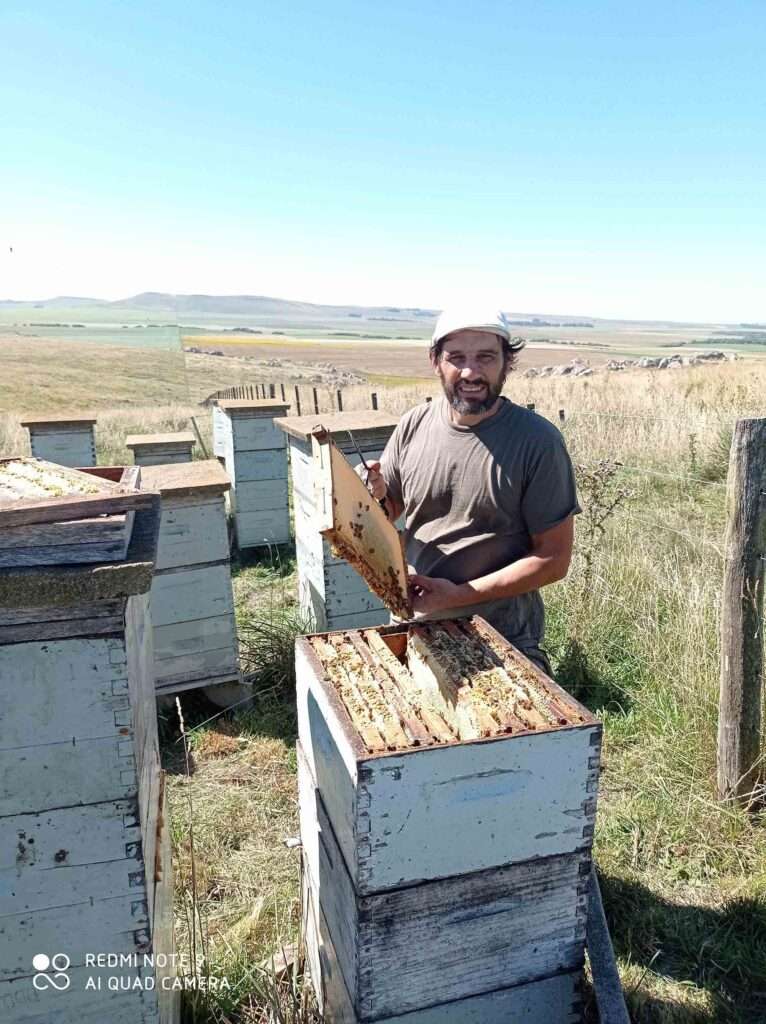
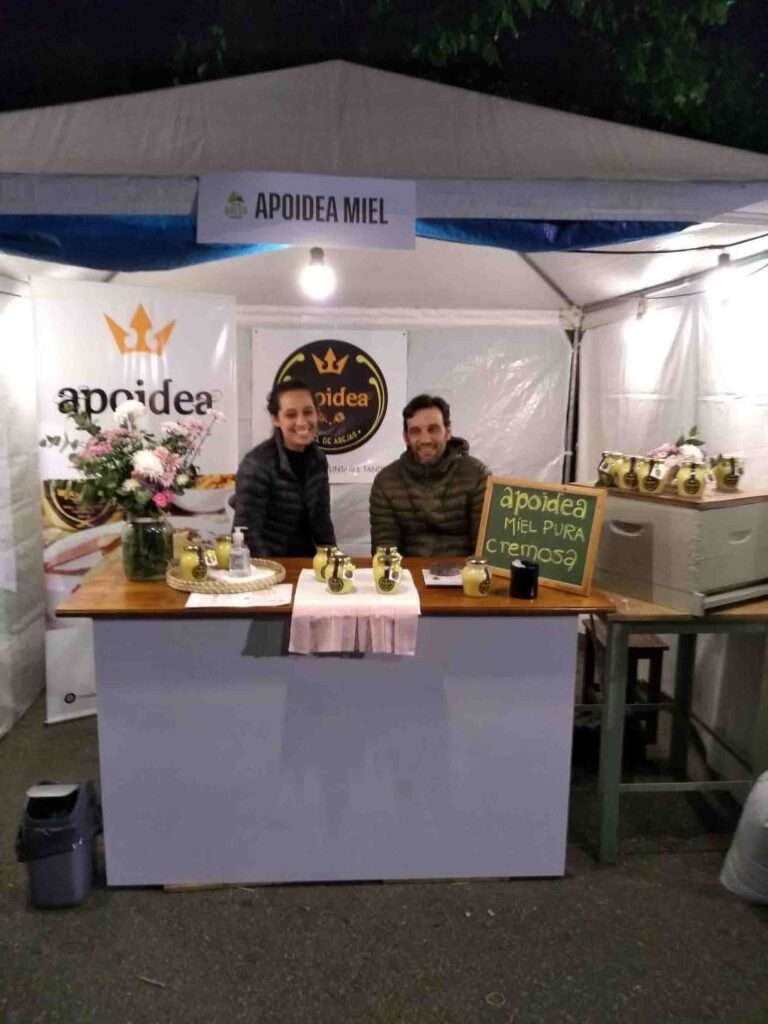
Asked by NewsX to identify the positive and negative aspects of his structure, Mauricio said: “In a family business, the advantages would be that there has always been a relationship of trust. However, giving directions and making decisions is difficult from time to time.”
With 3.4 million honeybee hives, Argentina is one of the world’s leading exporters of honey. Most of the Southern American country’s apiarists are hobbyists. But Mauricio explained: “I am a full-time beekeeper. I divide a part of the production and I sell the rest in bulk.”
Solitary bees, honeybees and other pollinators are essential when it comes to ensuring balanced ecosystems. Their existence is threatened by climate change, habitat loss and the application of insecticides.
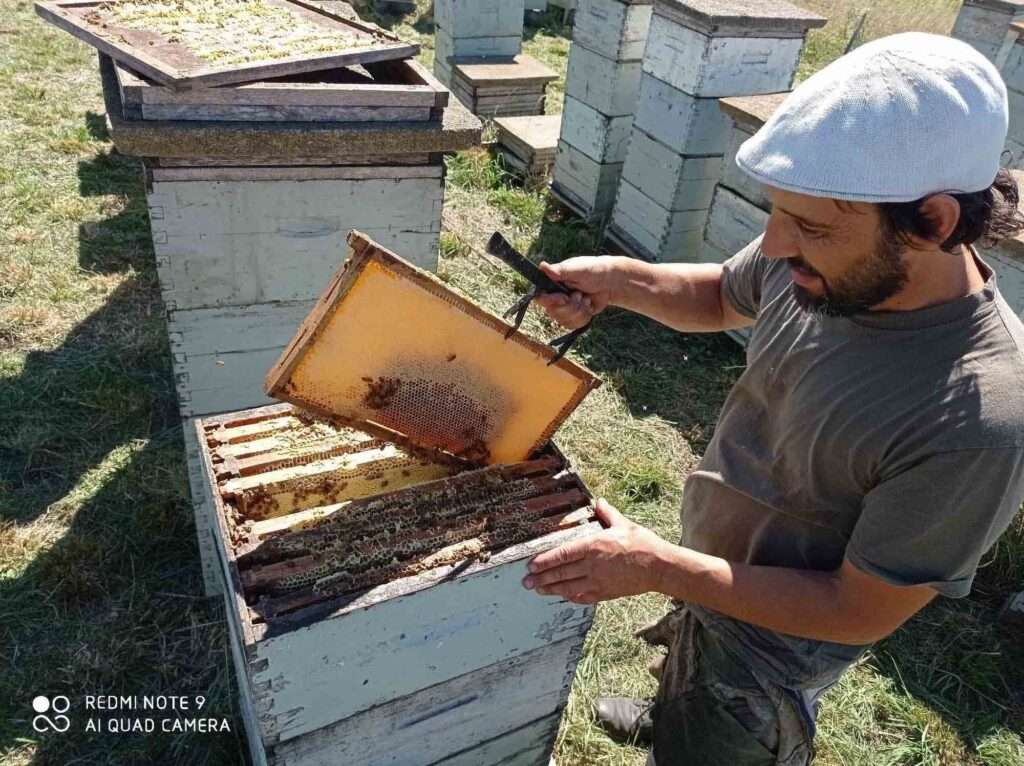
Speaking to NewsX about the situation in Argentina, Mauricio said: “In recent years, much progress has been made regarding the regulation and control of the usage of agrochemicals.”
He added: “The care of the environment and bees has been taken into account. But unfortunately, there are many who do not comply.”
NewsX wanted to know whether Varroa mite infestations or diseases such as American foulbrood have harmed his colonies.
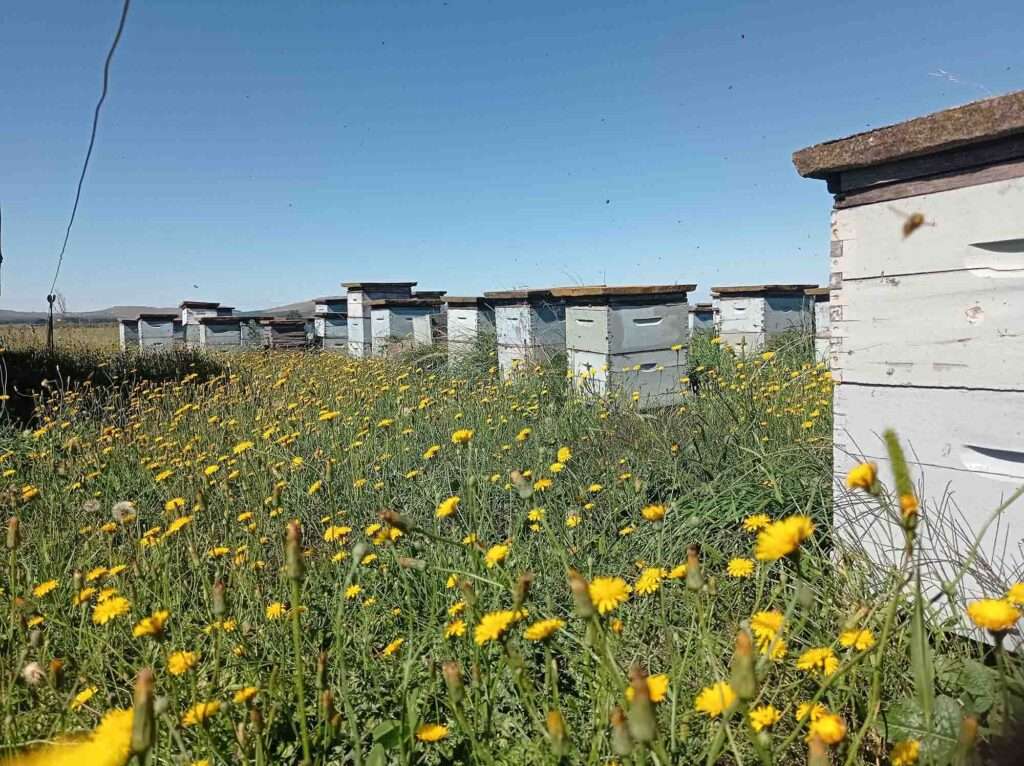
Mauricio said: “Currently, with good management and hive monitoring, there are no major health concerns.”
According to the Mieles Apoidea chief, price developments have turned beekeeping has been turned into an unprofitable activity.
However, Mauricio emphasises he has no regrets about ditching a potentially promising career in engineering in favour of apiculture.
He underlined: “The positive aspects of beekeeping have to do with motivation and personal interest. I’m passionate about the beauty of nature, working outdoors and being able to offer a wonderful product as natural as honey.”


